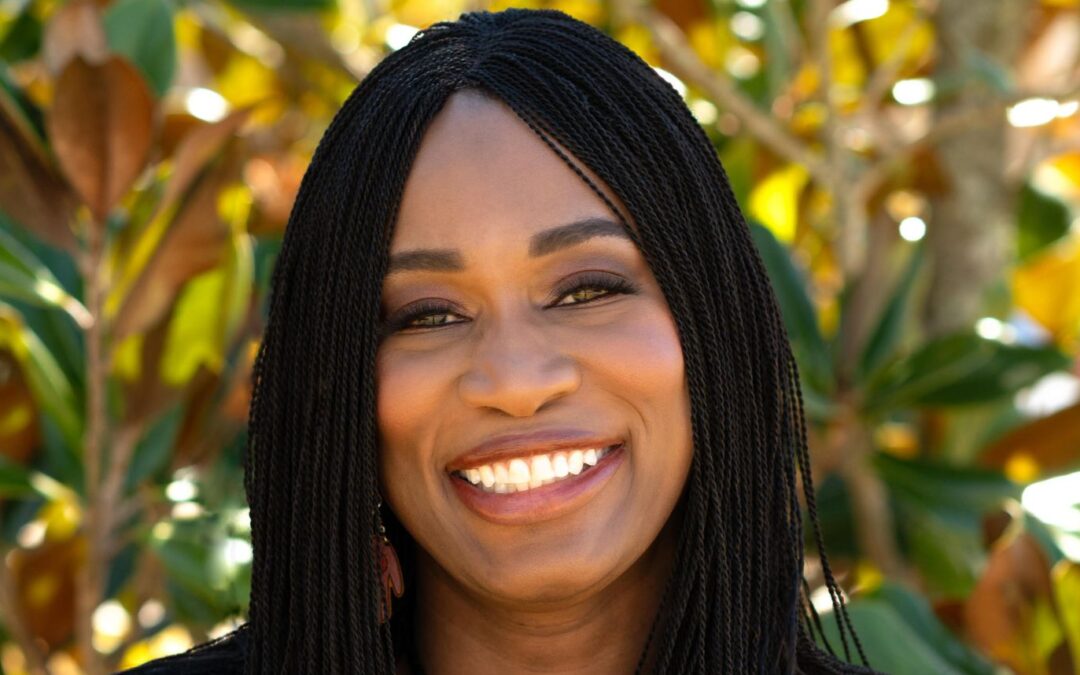MHNRN | Apple Podcasts | Spreaker | Episode #13
In an insightful and heartfelt conversation, Dr Mary is joined by Dr. Morénike Giwa Onaiwu and Kristen Walker as they delve into the realities of living with autism, receiving a late diagnosis, and the critical role advocacy plays in marginalized communities.
Highlighting the importance of early intervention, the impact of stigma on access to resources, and the necessity of fostering neurodivergent representation in public discourse, our guests share their journeys – the systemic barriers that exist within the medical & educational systems and how to be an advocate for our loved ones.
If you or a loved one are navigating the world of neurodiversity, this episode is packed with insights, encouragement, and tangible resources.
Breaking Barriers: Autism, Advocacy & Black Neurodiversity
00:00 – Dr Mary shares the vision behind the conversation and sets the stage for a deep and necessary discussion on autism advocacy and neurodivergent representation.
02:30 – Dr. Morénike explains the mission and impact of Advocacy Without Borders, a nonprofit organization she created that is dedicated to empowering individuals to become advocates regardless of their background or expertise. She emphasizes that advocacy is accessible to everyone and that simple everyday actions can create meaningful change.
08:45 – Dr. Morénike shares her journey of receiving an autism diagnosis as an adult, the struggles she faced navigating the medical system, and the relief and clarity that came with understanding her neurodivergence.
Kristen also discusses her late diagnosis and how self-awareness has transformed the way she approaches life. What has worked for her and what hasn’t.
How Advocacy Supports the Neurodivergent Community
15:00 – Dr. Mary and her guests tackle the cultural stigmas surrounding autism in the Black community. They explore how historical mistrust of the medical system, lack of representation, and fear of additional societal hurdles often prevent individuals from seeking diagnoses and support. They discuss the need for open conversations and visibility to break generational cycles of misunderstanding.
Understanding Autism Diagnosis in Adults
21:30 – The conversation shifts to the life-changing benefits of early diagnosis and intervention. Dr. Mary shares her experience diagnosing her own son and how early access to services drastically improved his quality of life. Dr. Morénike emphasizes that rejecting a diagnosis doesn’t erase the challenges—it only removes opportunities for support and resources.
30:15 – Discussing the ongoing debate around self-diagnosis versus formal medical diagnosis, the group acknowledges the systemic barriers many individuals face in obtaining a diagnosis, such as racial bias in healthcare, financial constraints, and long waitlists. While a formal diagnosis can open doors to accommodations and services, self-diagnosis remains a valid and empowering step for many.
38:00 – Dr. Mary, Dr. Morénike, and Kristen wrap up their discussion by encouraging listeners to embrace their neurodivergence, seek community, and advocate for accessible support systems. Together they share valuable resources to help listeners on their journey and emphasize that neurodivergent voices deserve to be heard and uplifted.
Resources Mentioned:
- Advocacy Without Borders
- A Day Without Words by Tiffany Hammond
- The Color of Autism Foundation
Thank you for listening!
Join us in continuing the conversation and working towards greater acceptance and equity for all neurodivergent individuals.
Connect with Us:
- Dr. Mary’s Social Media: Facebook, Instagram, & Linkedin
- Mental Health News Radio Network

HEY SIS!
As a devoted pediatrician, specializing in neurodevelopmental disorders, my focus is on guiding and supporting families who have received an autism or ADHD diagnosis.
I am a PCCI trained life and leadership coach.
– Dr Mary

Recent Comments